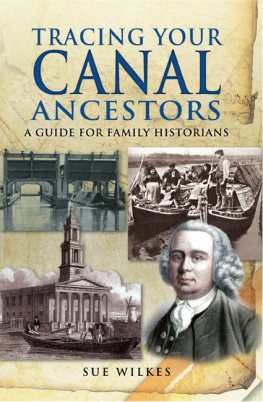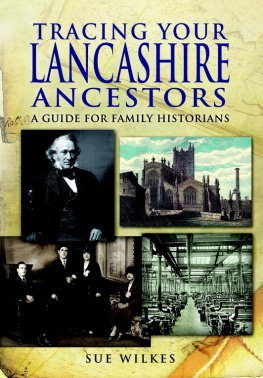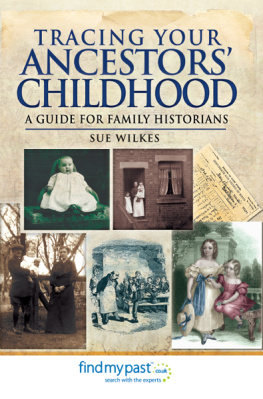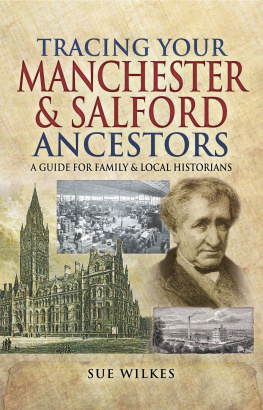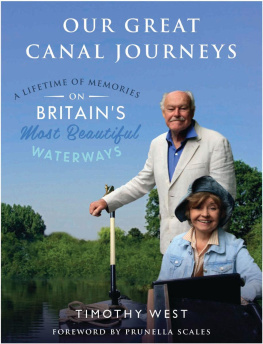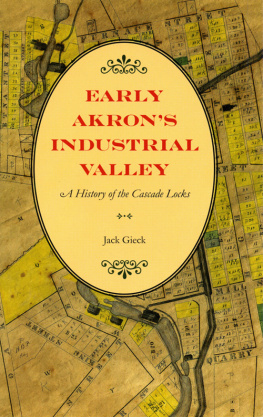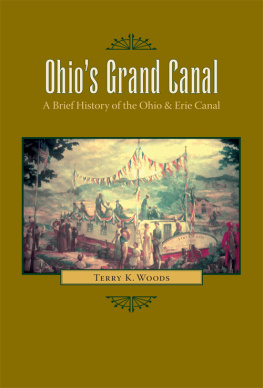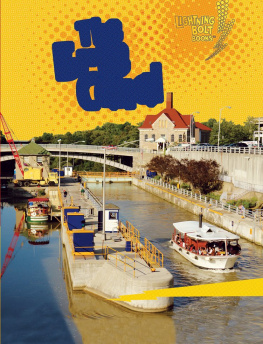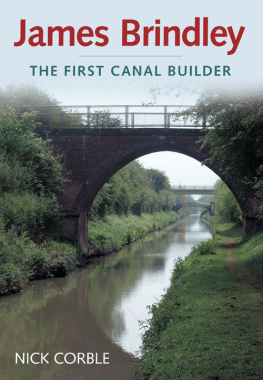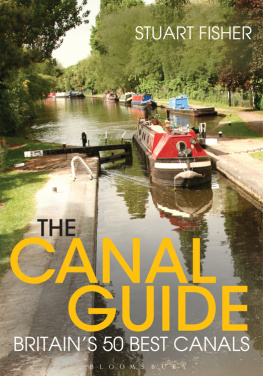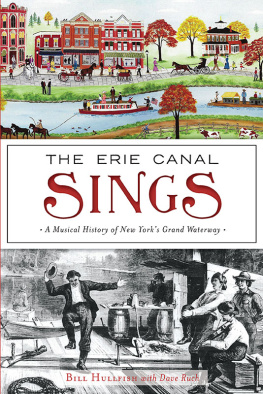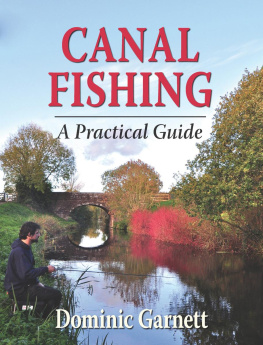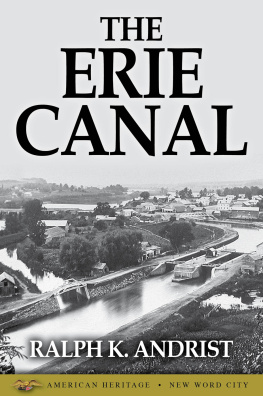A1
FAMILY HISTORY BASICS,
CENSUSES AND MORE
I f one of your ancestors lived or worked on the canals, you may feel daunted by the task ahead. Fortunately, more and more family history resources are becoming available all the time. Tracking down ancestors who were constantly on the move isnt always easy, but gallons of archive material are available to help narrow down your search.
Your family history research begins at home. Ask relatives and friends for information and gather as many hard facts as you can dates, family names, copies of birth, marriage and death certificates, old photographs, mourning cards anything that will help to build up your family tree. Oral histories are invaluable but not always reliable sources because relatives memories may be inaccurate for events that happened many years ago.
It can save time searching if you have a home computer but it is not essential to have your own if cost is an issue. You can book time for free on a computer at a public library.
Keep accurate records and file them in an organized manner so you can easily retrieve the facts you have discovered. Whenever possible, check names and dates against other sources to help verify the accuracy of your family tree.
The key dates for genealogists are the beginning of compulsory civil registration of births, marriages and deaths: England and Wales (1837), Scotland (1855) and Ireland (1864).
Birth certificates show the date and location of the persons birth, name, sex, fathers name, mothers maiden name and residence, fathers occupation, the date when the birth was registered and the name and address of the person who registered the birth.
Marriage certificates give the date when the couple married, the place where the marriage was solemnized, the name and occupation of the bride and groom, their residence at the time of marriage and the name and occupation of the brides and grooms father. The witnesses to the marriage may be relatives of the couple.
Death certificates give the persons age and occupation, date of death and residence at the time of death, cause of death, the date when the death was registered and the name and address of the person who registered the death.
Indexes are available for birth, marriage and death certificates; there are copies of the indexes at some main libraries, record offices and online. Each year is divided into quarters for the index. You can use the index reference to order copies of certificates from the appropriate General Register Office for your ancestors country of origin.
For the era prior to civil registration, you will need to look for parish registers. Parishes began keeping registers of baptisms, marriages and deaths from the 1530s onwards, although there are gaps in the records, especially during the Civil War and Interregnum (c.16401660). Remember that the baptism of a child might have taken place several weeks or even months after its birth, so a baptismal record can give only a very rough guide to an ancestors birth date.
Parish registers for England and Wales which are over a hundred years old but not currently in use are archived with diocesan records at your local record office. Some record offices and genealogy websites have put transcripts of parish registers online with searchable databases. Copies of parish registers are available to buy online from family history societies or on CD-ROM.
If you are having trouble finding a parish record for your ancestor, perhaps because the original register is missing, incomplete or illegible, check if bishops transcripts are available for the parish in question. In England and Wales, copies of parish registers were sent every year to the church authorities. Bishops transcripts, however, like any other record, may be subject to copying errors or missing entries. Copies are usually kept at county archives (a few are held by specialist repositories such as university libraries). In general, parishes ceased making bishops transcripts when civil registration was introduced in 1837.
When looking for parish registers for boat families, think of the routes along which they travelled as their home parish. For example, Braunston was a popular place for boaters weddings in Northamptonshire: All Saints Church was known locally as the Boaters Cathedral and many boatmen and boatwomen are buried there. Tipton and Deritend were also favourite stopping places in the Midlands.
Many boat people were looked down on by society and were not always welcomed by the established church, so you should also check Nonconformist records and non-parochial registers. From 1753 until the beginning of civil registration, Methodists and other dissenters had to marry in Anglican churches (you may find references to Anabaptists). Quakers and Jews were exempt from this requirement.
Nonconformist registers are kept at the General Register Office for each country. TNAs collection can be searched online at www.bmdregisters. co.uk and many local record offices have copies.
Cemetery records, burial registers and monumental inscriptions can supply information on family members not recorded elsewhere. Many family history societies have compiled transcriptions of these and a National Burial Index is available on CD-ROM from the Federation of Family history Societies.
Wills and probate grants can fill in the gaps before civil registration and between the decennial censuses. If your ancestor owned a boat or part-share in a boat, or owned a boat-building firm, or had canal company shares, then these items may be mentioned in their will. Wills (mostly before c.1750) sometimes included an inventory of the deceaseds property and belongings.
Before 1858 (when the Probate Act of 1857 came into force) wills had to be proved (i.e. the will was confirmed as valid and probate granted) in local church courts. Wills and probate grants prior to this date are usually kept at your local record office. Indexes are available online, at the Society of Genealogists library and on CD-ROM.
After 1858 wills were proved at local civil probate registries which sent copies to the Principal Probate Registry (now the Principal Registry of the Family Division). Copies can be ordered by post from York Probate Sub- Registry.
County record offices normally have microfilm copies of wills proved in local probate offices. Original wills after 1858 (for England and Wales) can be viewed at the Probate Search Room in London. From 1858 registers were kept of estates liable for death duties (only estates worth over 20 or more), and indexes and some registers on microfilm are available at TNA.
The National Library of Wales has microfilm copies of some 500 Welsh parish registers, non-parochial registers and a large collection of bishops transcripts. Images of wills before 1858 can be viewed for free on the librarys website.
For Scotland, indexes of old parish registers and wills and testaments can be searched online at the ScotlandsPeople website. There are no bishops transcripts for Scottish parishes.
For Ireland, in many cases parish registers are kept at the original parishes. Microfilm copies of Roman Catholic parish registers are held at the National Library of Ireland. Church of Ireland parish registers for the north of Ireland are kept at the Public Record Office of Northern Ireland (PRONI). Copies of Church of Ireland parish registers can be viewed at the Representative Church Body Library in Dublin.
The International Genealogical Index (IGI) is an index of baptism, marriage and death records created by the Church of Jesus Christ of Latter-Day Saints. Copies should be available at your local record office, but entries should always be checked against the original records where possible.

